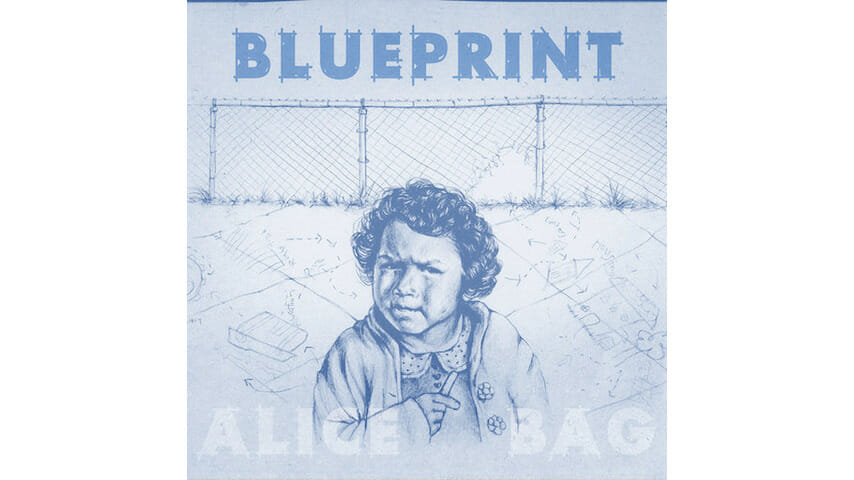Alice Bag: Blueprint

In 2016, Alice Bag roared back into music with her first — and only — solo record. Though she co-founded pioneering punk band The Bags in the late 70s, and later played in Castration Squad, The Female Menudo, Las Tres and many more, she’d never made an album centered around her voice, and her voice only. That all changed two years ago with her self-titled release, and now on its follow up, Blueprint, Alice Bag has even more to say.
-

-

-

-

-

-

-

-

-

-

-

-

-

-

-

-

-

-

-

-

-

-

-

-

-

-

-

-

-

-

-

-

-

-

-

-

-

-

-

-








































